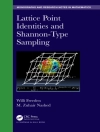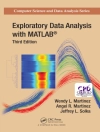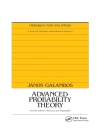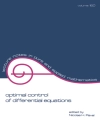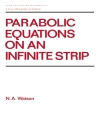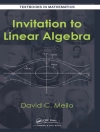Many-valued logics were developed as an attempt to handlephilosophical doubts about the "law of excluded middle" inclassical logic. The first many-valued formal systems weredeveloped by J. Lukasiewicz in Poland and E.Post in the U.S.A. in the 1920s, and since then the field has expandeddramatically as the applicability of the systems to otherphilosophical and semantic problems was recognized. Intuitionisticlogic, for example, arose from deep problemsin the foundations of mathematics. Fuzzy logics, approximation logics, and probability logics all addressquestions that classical logic alone cannot answer. Allthese interpretations of many-valued calculi motivatespecific formal systems thatallow detailed mathematicaltreatment. In this volume, the authors are concerned with finite-valuedlogics, and especially with three-valued logical calculi. Matrix constructions, axiomatizations of propositional andpredicate calculi, syntax, semantic structures, andmethodology are discussed. Separate chapters deal withintuitionistic logic, fuzzy logics, approximation logics, and probability logics. These systems all find applicationin practice, in automatic inference processes, which havebeen decisive for the intensive development of these logics. This volume acquaints the reader with theoreticalfundamentals of many-valued logics. It is intended to be thefirst of a two-volume work. The second volume will deal withpractical applications and methods of automated reasoningusing many-valued logics.
Leonard Bolc & Piotr Borowik
Many-Valued Logics 1 [PDF ebook]
Theoretical Foundations
Many-Valued Logics 1 [PDF ebook]
Theoretical Foundations
¡Compre este libro electrónico y obtenga 1 más GRATIS!
Idioma Inglés ● Formato PDF ● ISBN 9783662084946 ● Editorial Springer Berlin Heidelberg ● Publicado 2013 ● Descargable 3 veces ● Divisa EUR ● ID 6343095 ● Protección de copia Adobe DRM
Requiere lector de ebook con capacidad DRM


